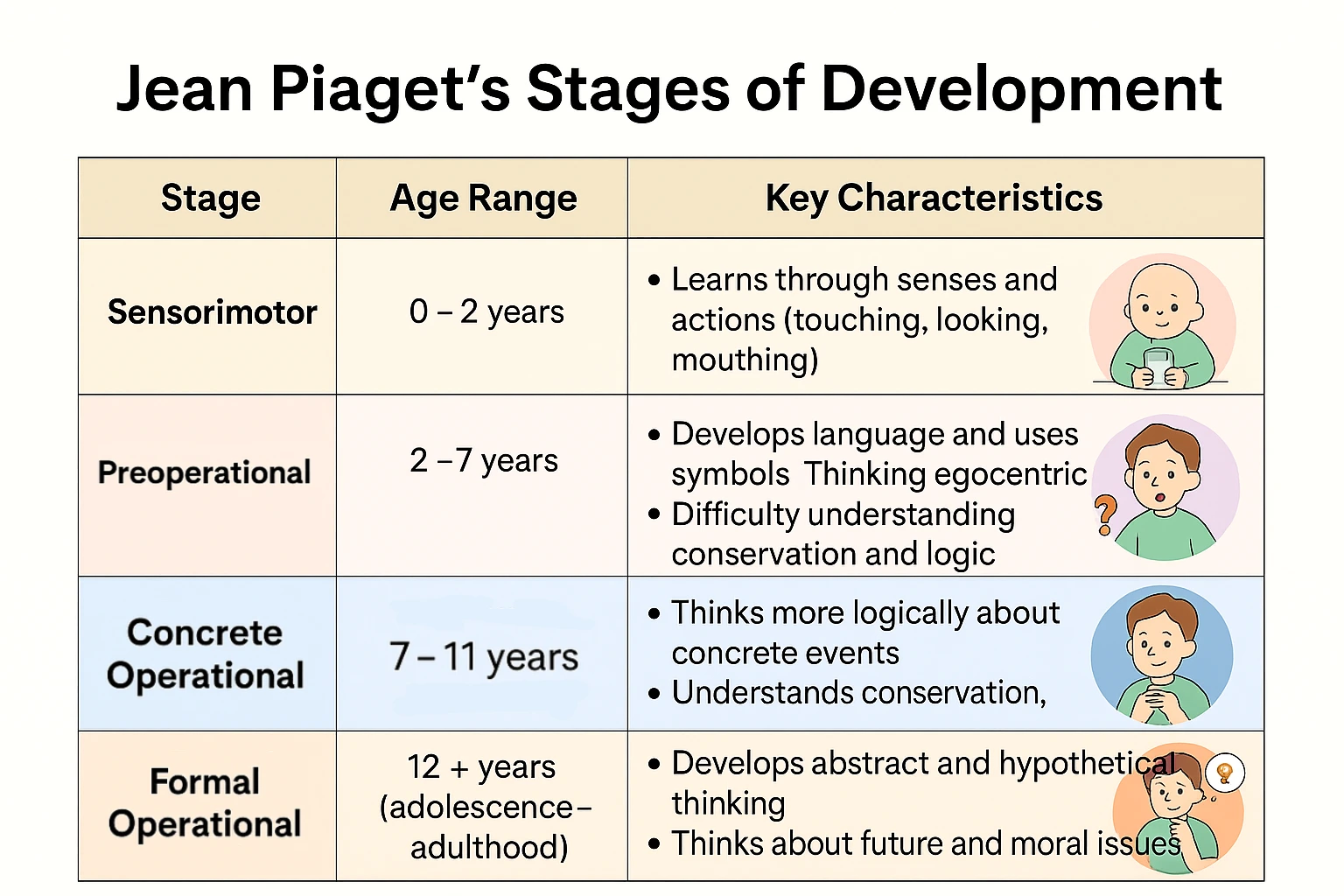
Upbringing: Definition, Meaning, and Its Impact on Growth

The concept of upbringing has been pivotal in understanding how children develop and grow into adults. It encompasses the nurturing, guidance, and education that a child receives from their parents or caregivers throughout their formative years. This holistic approach to child-rearing is fundamental in shaping the physical, emotional, and social aspects of a child’s life. We often hear the phrase "the way a child is raised," which reflects the profound impact that upbringing can have on an individual's future.
In today’s society, the importance of upbringing cannot be overstated. Parenting styles, cultural backgrounds, and educational opportunities vary widely, impacting how children perceive the world around them. As we delve deeper into the definition, meaning, and implications of upbringing, it becomes evident that it plays a crucial role in community and familial structures, making it a vital topic for discussion.
- Definition of Upbringing
- The Meaning of Upbringing in Daily Life
- The Role of Parents and Caregivers in Upbringing
- Different Approaches to Upbringing
- Cultural Influences on Upbringing
- The Impact of Upbringing on Emotional Development
- The Effect of Upbringing on Social Skills
- Upbringing and Cognitive Growth
- The Long-Term Effects of Upbringing
- Conclusion: The Significance of Thoughtful Upbringing
Definition of Upbringing
Upbringing can be defined as the process of raising a child and providing for their emotional, social, and physical development. This term encapsulates everything from the values instilled to the educational opportunities afforded to children. It is not merely about meeting a child's basic needs; instead, it reinforces how a child learns to navigate relationships and understand their environment.
The Elements of Upbringing
- Emotional Support: Through emotional support, caregivers create a secure environment that encourages healthy emotional development.
- Education: The educational aspect includes formal schooling as well as informal learning experiences that contribute to knowledge and skills.
- Socialization: Social skills are developed during up-bringing, teaching children how to interact, share, and build relationships.
- Values and Beliefs: Upbringing is crucial in instilling moral values and belief systems that guide behavior and decision-making.
The Meaning of Upbringing in Daily Life
The meaning of upbringing extends beyond the immediate environment of home. It resonates in how children interact with their peers, teachers, and other community members as they grow. How a child is raised influences not just personal development but also the larger societal context, determining the values and norms that are perpetuated within a community.
Practical Implications
In daily life, the way children are cared for and educated lays the groundwork for their future. It sets expectations, shapes behavior, and frames their worldview. Consequently, understanding the significance of sound upbringing is essential in fostering environments where children can thrive.
The Role of Parents and Caregivers in Upbringing
The primary responsibility for upbringing lies with parents and caregivers. They are the first educators in a child's life, responsible for demonstrating norms and values that will follow their children throughout life. This close relationship is crucial in forming secure attachments that foster healthy emotional responses and social behaviors.
The Bonding Process
During the early stages of a child’s life, bonding with caregivers has a profound impact. Children who experience warm and responsive parenting tend to develop better emotional regulation and social skills. This up-bringing foundation serves as the building block for future relationships, both personal and professional.
Different Approaches to Upbringing
Various methods and philosophies govern how upbringing is approached across different families and cultures. Techniques can range from authoritative and permissive styles to more traditional or progressive methods. Each approach provides unique advantages and disadvantages and can significantly affect the child's development.
This style is characterized by high responsiveness and high demands. Authoritative parents are nurturing yet maintain firm boundaries, fostering independence while providing necessary support. Studies have shown that children raised in this environment often develop superior social and academic skills.
Permissive Parenting
In contrast, permissive parenting may result in children having difficulties with authority and decision-making. While these households often offer warmth and starve out strict rules, they can lead to a lack of discipline, impacting a child's ability to succeed in structured environments.
Other Approaches
- Authoritarian Parenting: This approach is strict and often leaves little room for emotional engagement.
- Uninvolved Parenting: Parents may provide basic needs but are emotionally detached, leading to serious ramifications in a child's upbringing.
Cultural Influences on Upbringing
Cultural background plays a significant role in shaping the practices and beliefs surrounding upbringing. Different cultures may prioritize varying aspects of child-rearing, influencing child development significantly. Understanding these distinctions is vital to appreciating how children grow in diverse environments.
Collectivism vs. Individualism
In collectivist cultures, children are often raised to prioritize community and family bonds over individual achievements. Conversely, individualistic cultures may emphasize personal success and self-expression. These fundamental differences can lead to significant implications in social interactions and personal perceptions.
The Impact of Upbringing on Emotional Development
The emotional development of children is intricately linked to their upbringing. The first few years of life are critical for emotional growth, where attachment, trust, and emotional regulation are developed. Healthy upbringing often leads to children who can understand and express their emotions adequately.
Emotional Intelligence
Children who experience supportive and nurturing upbringing typically develop higher levels of emotional intelligence. They learn to recognize their feelings and those of others, fostering empathy and effective communication skills, essential for social interactions later in life.
One of the critical components of a child’s upbringing is social skill development. Children learn how to interact with their peers through family dynamics and their early interactions with adults. The values and lessons taught during this stage influence their ability to form relationships and navigate complex social settings.
Peer Relationships
A child’s experiences in developing social skills will reflect significantly in their relationships with peers. Those who have had thoughtful upbringing are often more adept at forming friendships, negotiating conflicts, and holding space for others' feelings.
Upbringing and Cognitive Growth
In addition to emotional and social parameters, upbringing also significantly impacts cognitive growth. Children are naturally inquisitive, and the experiences they gain from their surroundings shape their understanding of the world.
Educational Foundations
The educational aspect of upbringing includes both formal schooling and the intellectual engagement that occurs at home. Caregivers can nurture curiosity and a love for learning by providing enriching experiences, fostering cognitive skills vital for academic success.
The Long-Term Effects of Upbringing
The lessons and experiences from early upbringing leave lasting imprints on individuals throughout their life. How they perceive relationships, manage stress, and interact within society can often be traced back to their formative years.
Future Relationships and Career Paths
Individuals with positive and supportive upbringing tend to forge healthy relationships as adults and can pursue careers that require teamwork and empathy. Conversely, those from dysfunctional backgrounds might struggle with interpersonal relationships and economic challenges.
Conclusion: The Significance of Thoughtful Upbringing
In conclusion, the significance of thoughtful upbringing cannot be underestimated. It shapes not only the individual experiences of children but also the societal framework in which they exist. As we understand the complexities involved in raising children, it becomes clear that a focus on intentional and informed upbringing can cultivate healthier, more resilient individuals capable of contributing positively to society.
As we reflect on the upbringing of the future generations, it is crucial to foster environments that support emotional, social, and cognitive development. Ultimately, a strong, nurturing, and informed upbrining will lead to profound and positive societal change.
Did you find this article helpful? Upbringing: Definition, Meaning, and Its Impact on Growth See more here Education.
Leave a Reply






Related posts